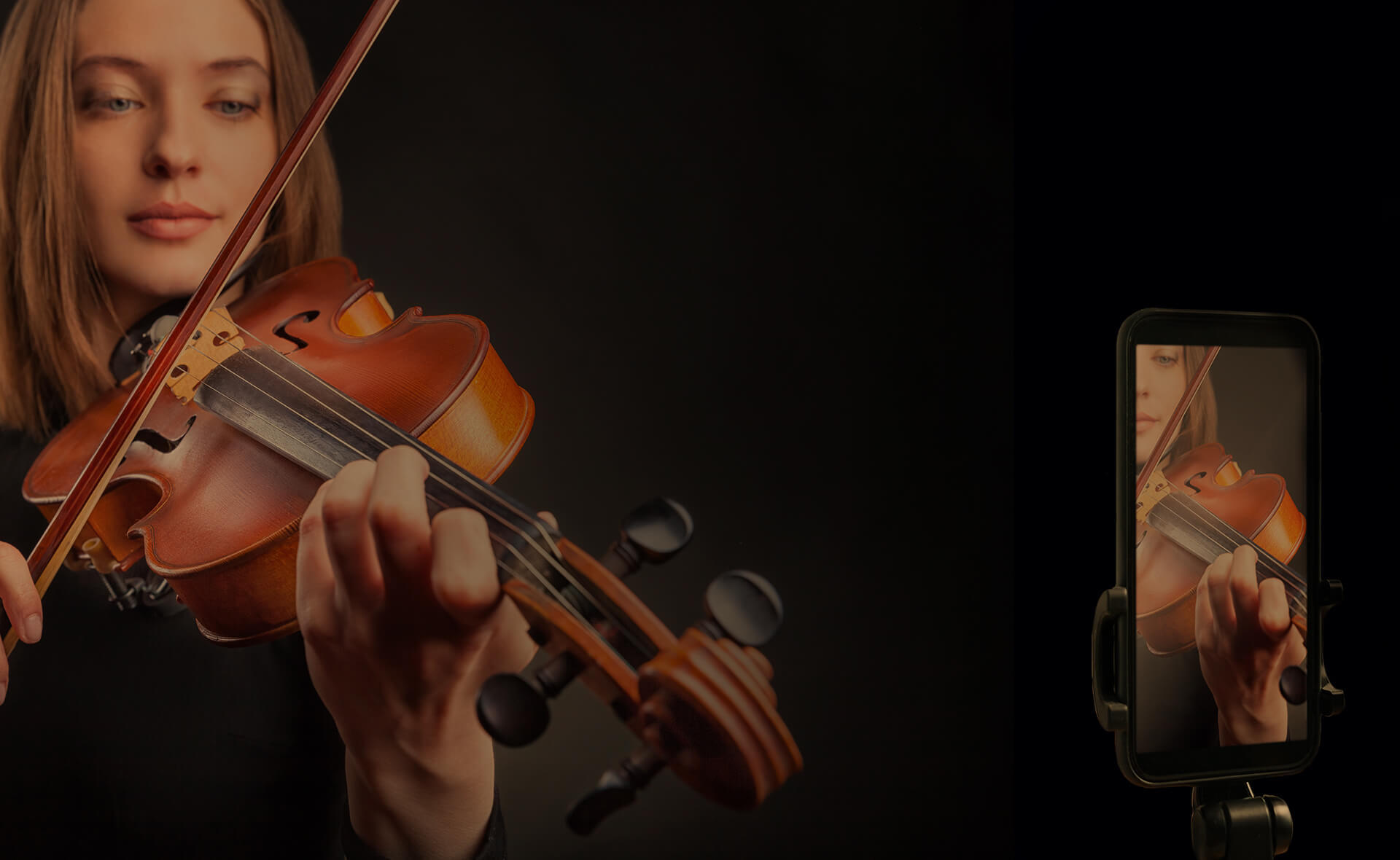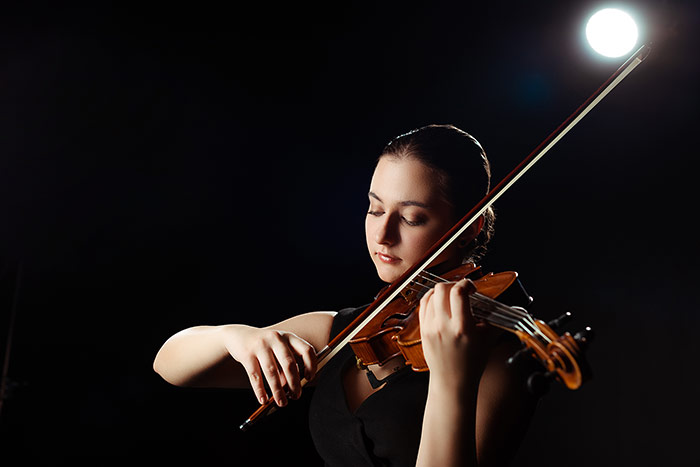The violin, a symbol of classical elegance and fervent passion, stands as one of the most iconic instruments in musical history. Its legacy is enshrined not just in the music it has produced, but also in the hands of the maestros who’ve played it. These individuals have not only showcased the versatility of the instrument but have also shaped the very essence of music over the centuries. This instrument, with its rich, sweeping sounds and intricate melodies, has been at the forefront of musical revolutions. The violin’s history and its masters offer a compelling story of innovation, resilience, and unending quest for artistic excellence.
Early Period Influencers: Setting the Stage
Our musical journey must start with a nod to the incredible Niccolò Paganini, whose virtuosity was such that he was often dubbed the “Devil’s Violinist”. His renowned “24 Caprices” stand as a testament to his genius, pushing the boundaries of what was thought possible on the instrument. Paganini’s flamboyant style and unmatched dexterity opened doors for subsequent violinists to explore the instrument’s capabilities further. Every bow stroke, every technique emanated his profound understanding of the instrument.
Alongside Paganini, another prodigy, albeit primarily celebrated as a composer, was Johann Sebastian Bach. His ‘Sonatas and Partitas for Solo Violin’ are foundational pieces in the violin repertoire, exploring the intricate details and expansive possibilities of the instrument. These works have transcended time, inspiring and educating musicians across the board. As a multi-faceted genius, Bach was adept at showcasing the depth and soul of strings, and his compositions provide invaluable lessons for both violinists and cellists alike.

Golden Age Greats: Virtuosity and Artistry
As the violin soared in prominence, the 20th century saw an era often termed the ‘Golden Age’ of violinists. Among them was Fritz Kreisler, whose unique style made him stand out. His compositions for the violin were not just technically challenging but were soaked in emotion. Kreisler’s understanding of melodies and their emotional undertones set him apart, weaving stories that resonate deeply with audiences even today.
Another luminary of this era was Jascha Heifetz, whose name has become synonymous with violin virtuosity. His speed, precision, and tonal beauty have made him a legend. Beyond his mesmerizing performances, Heifetz was a dedicated educator, striving to share his knowledge and ensure the growth of future violin virtuosos. His approach to teaching and performing has undoubtedly left a profound impact on many string instruments, cellos included.
Modern Pioneers: Carrying the Torch Forward
Modern times have seen the likes of Itzhak Perlman, whose astounding contributions to the world of violin transcend performance. His commitment to education ensures that the next generation continues to be inspired and enlightened. Beyond the stage, Perlman’s impact is felt in classrooms and teaching seminars, where he has mentored countless young talents, fostering a deep love for the instrument.
Equally influential in contemporary circles is Hilary Hahn. Renowned for her flawless technique, Hahn has a particular knack for making centuries-old pieces feel contemporary and relevant. Additionally, her engagements with communities and fans, her interactive sessions, and her avid use of social media make her a bridge between classical traditions and the new age.

Genre-Defying Virtuosos: Breaking the Mould
Not all violinists stayed strictly within the classical realm. The effervescent Stéphane Grappelli took the violin into the swinging world of jazz, proving the instrument’s versatility and wide-ranging appeal. His collaborative performances, especially with the legendary Django Reinhardt, showcase a harmony between various musical genres.
Similarly, Nigel Kennedy has blended the classical ethos of the violin with popular music, creating a fusion that appeals to a broad audience. His playful approach to music, combined with rigorous technique, serves as a testament to the violin’s adaptability and relevance in today’s dynamic musical landscape.
Honourable Mentions
This journey would be incomplete without tipping our hat to the likes of David Oistrakh, known for his emotive Soviet style, Yehudi Menuhin with his expansive technique, and Sarah Chang, whose prodigious talent shone from a very young age. These violinists have each carved unique niches, with Oistrakh’s soulful renditions, Menuhin’s global collaborations, and Chang’s early debut and sustained excellence showcasing the vast spectrum of the violin’s allure.

The Influence on Cello Music
At the heart of this exploration, it’s essential to reflect on how these violin maestros have influenced cello music. Shared repertoires and collaborative performances have shown that the world of strings is deeply intertwined. Collaborations between violinists and cellists have often produced pieces that are masterclasses in harmony and depth. These partnerships, often overlooked, underline the synergy and camaraderie among the masters of stringed instruments.
Conclusion
The violin, with its sweet melodies and passionate cries, has left an indelible mark on the annals of music history. These legendary violinists, with their unparalleled talent and vision, have ensured that the instrument’s legacy remains vibrant, continually influencing and inspiring generations. Their stories are not just of individual excellence but also about how music, as an art form, has evolved, embraced challenges, and emerged richer. These maestros have left us with legacies that inspire, challenge, and enrapture both listeners and performers, ensuring the violin’s voice continues to echo through time.



